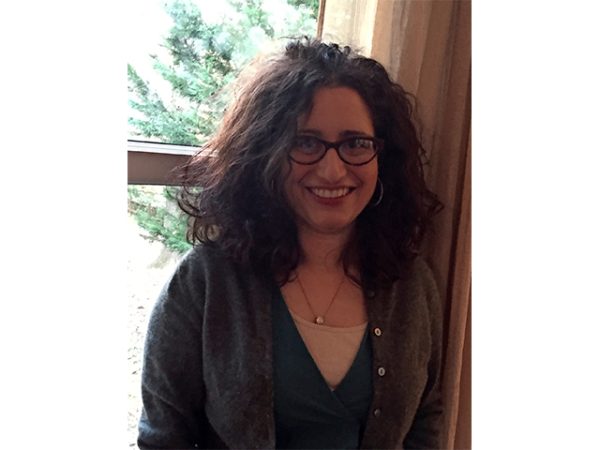Kulkarni and Team Identify Key Prevention Approaches to Intimate Partner Violence

Mecklenburg County community leaders and local, prominent health educators recently gathered together to hear Dr. Shanti Kulkarni present her team’s preliminary findings in regards to the Healthy Relationships Project.
The need for the research came about after a 2013 Mecklenburg County Community Assessment ranked violence prevention as a local public health priority for the first time ever. Dr. Kulkarni and her team, which included Dr. Dezette Johnson of JCSU and Dr. Stephanie Woods, decided to do the work to build on that recognition and help the community act.
“Violence prevention work is kind of in its infancy,” says Dr. Kulkarni. “But what we do know is that to be effective these interventions need to be both developmentally and culturally specific.”
In an effort to better understand community needs and preferences around intimate partner violence (IPV) prevention strategies, the research team conducted six focus groups over a six week period. Focus group participants varied in age, gender and race.
“Focus groups are actually a really efficient, effective way to get a range of opinions. And I think that is what we were able to capture,” says Dr. Kulkarni.
Participants in the group identified five key IPV prevention approaches they felt would be effective:
- Teaching about red flags to help identify unhealthy relationships before it escalates.
- Focusing broadly on healthy relationships and thus providing the spark for new behaviors in a positive, engaging environment.
- Having support or discussion groups that would be professionally facilitated and give the opportunity for open dialog, shared perspectives and education on how to support an IPV victim.
- Engaging parents to build-up the importance of a family approach to prevention.
- Using youth activist strategies to break cultural silence and empower survivors.
Discussion further identified the ways in which IPV and gender intersect. For some participants, gender socialization was viewed as a contributing factor. Particular issues raised include the dominance of the male in the relationship along with a sexual double standard.
Beyond gender debate, the cultural pressure to be in traditional, intimate relationships was identified by some as a key factor while others viewed the lack of traditional families as being a risk. Financial stressors and disparate earnings between partners were also labeled as potential risks for IPV.
Focus groups explored potential strategies to engage community members as active bystanders in interrupting IPV dynamics. Barriers to bystander engagement included the fear of misinterpreting situations, overstepping boundaries and damaging friendships by getting involved. Some participants worried about being physically injured while trying to intercede in an IPV situation.
Participants believed abusive behaviors could sometimes be changed through counseling. However, professional helpers were not seen as equally well-trained, knowledgeable or trustworthy.
Findings will be used to support and guide local violence prevention efforts. Collaborators discussed opportunities to continue this unique academic-community partnership as they advance violence prevention initiatives locally. Financial support for this research was provided by Mecklenburg County Community Support Services, SafeAlliance, the Jamie Kimble Foundation for Courage, Mrs. Alice Harney, Carol Grotnes Belk Endowed Chair, the College of Health and Human Services and the Department of Social Work.